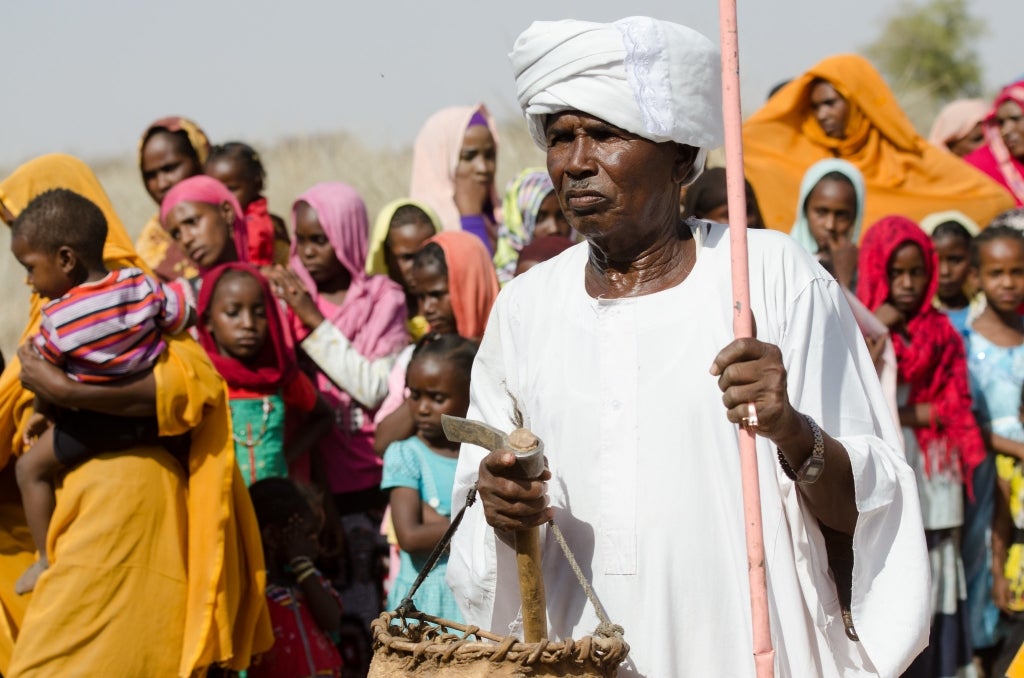
The Trust Fund for Statistical Capacity Building (TFSCB) Administrative Unit at the Development Economic Data Group (DECDG) launched a new blog series “TFSCB: Statistics for a Better World” earlier this year to share the impacts of the World Bank’s TFSCB in low- and mid-income countries over the last 20 years.
One of the projects that benefited from the TFSCB was the Sudan Statistical Capacity Building project.
Sudan was in need of quality agricultural data to feed into policies concerning food security since agriculture is the main source of livelihood for most Sudanese, comprising about 50% of all employment in Sudan.
The TFSCB supported the Central Bureau of Statistics (CBS) to collect pilot household agricultural production statistics.
The pilot agricultural production survey was conducted in Kassala, one of Sudan’s 18 states, because it has high smallholder agricultural potential including farming and livestock, and it represented different types of practices in Sudan, including rainfed, irrigated, and mechanized agriculture. The data was collected using Survey Solutions on the Computer-Assisted Personal Interview (CAPI) system, which helped to reduce the time lag between data collection and data analysis, improved data quality, and reduced survey costs. Because of these benefits, and the CAPI training received by its staff, CBS plans to continue to use CAPI surveys going forward rather than return to paper and pen surveys. Lessons learned from this pilot on the design of survey instruments, preparations and logistics will be used for impending nationwide agriculture and livestock census and surveys.
This project demonstrated the impact of early engagement with the country through technical assistance, and how this can help client countries take ownership of their own development agenda, increase the use of data, and confidently disseminate their results.



Join the Conversation